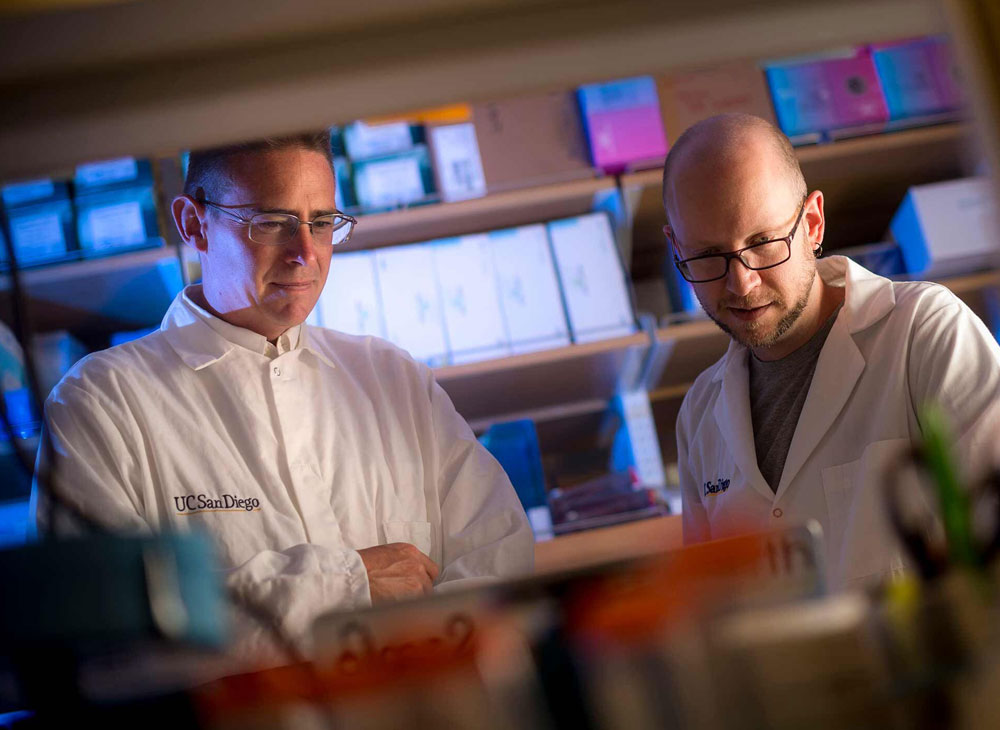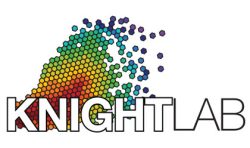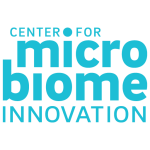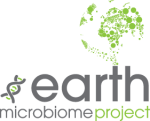The Microsetta Initiative (TMI) is a highly collaborative microbiome research study based out of the Knight Lab and the Center for Microbiome Innovation (CMI) at UC San Diego. The origins of this initiative started with the American Gut (2012) and the British Gut Projects (2014), localized efforts aimed at collecting microbiome data provided by participants in the US and the UK, respectively.
TMI became the next natural step in providing a framework for international expansion efforts to support a wider geographic reach. The ‘Microsetta’ name is intended to reflect a conceptual relationship to the Rosetta Stone, which in the 19th century helped scholars decipher the code of hieroglyphics. Along the same lines, TMI’s output will expand the availability of population-specific microbiome references so researchers can begin to ask how microbiome results from one population translate to another.







